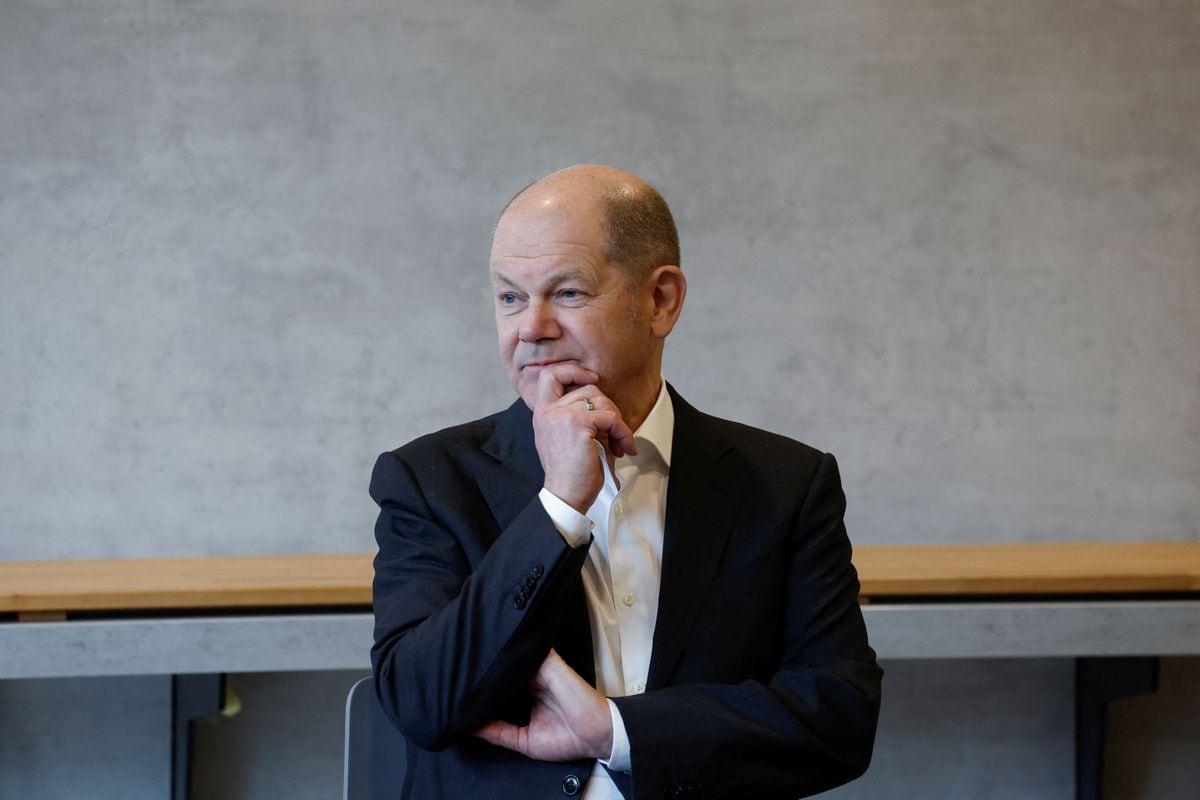Watch Ana de Armas' transformation into Marilyn Monroe for "Blonde" 1:37
Editor's note:
Wendy Guerra is a French-Cuban writer and contributor to CNN en Español.
Her articles have appeared in media around the world, such as El País, The New York Times, the Miami Herald, El Mundo and La Vanguardia.
Among her most outstanding literary works are "Underwear" (2007), "I was never the first lady" (2008), "Posing naked in Havana" (2010) and "Everyone leaves" (2014).
Her work has been published in 23 languages.
The comments expressed in this column belong exclusively to the author.
See more at cnne.com/opinion
(CNN Spanish) --
On September 8, 1565, Pedro Menéndez de Avilés, in the natural port of San Agustín, officially claimed La Florida, named after Ponce de León, on behalf of Spain.
It is, at that time, when the first city of the United States of America was born.
From September 15 to October 15, and since 1968, we celebrate Hispanic Heritage Month in the United States, recognizing the contribution of talents, strengths and performance of the Hispanic communities in this country.
One of those great cultural interventions of Latin America in the United States has been the Spanish language, and those of us who live here are witnesses of how our language has gained ground, softening coexistence and integrating specific words, expressions and adjectives that furnish the imaginary of this country.
Language is the first instrument of the genius of a people, expressed the French writer Henri Bayle (Stendhal), and in this sense, we have contributed our polysemantic richness, which has the Latin root of our words in the background.
With language also comes the way we conduct ourselves, the way we move our hands, our torso, we sing and support a certain phrase from our temperament, and although Hispanics manage to master English perfectly, from the depths of our being a contagious music jumps and foundational, which accompanies our speeches, as rhythm does to melody.
We recently witnessed the controversy that arose in the media regarding the accent with which the actress born in Cuba, Ana de Armas, embodies that first Marilyn Monroe portrayed in the film "Blonde", directed by Andrew Dominik, also the author of a script based on the homonymous novel, written by the American Joyce Carol Oates.
With all intentions I did the opposite path, I retraced my steps as a film student and reviewed those tapes in which Hollywood tries to incarnate us, giving its personal version, free interpretation, very personal tone of what producers, directors and actors from the studios interpret. of our original cultures.
According to the Hollywood prism, what are our heroes, artists, scientists and characters that personalize us culturally like or have they been constructed for the cinema?
Is that how they see us? I thought looking at “Havana”, by Sydney Pollack.
Are we really happy to be narrated that way by the big movie industry?
Did my grandmother or my aunts express themselves that way?
Did a Cuban woman move and act in 1958 like Lena Olin does in this film?
Honestly, we Cubans never saw ourselves reflected in this stiff and Manichaean character.
The same happens with Madonna's Evita Perón, directed by Alan Parker in 1996. And it is that, what for Madonna was "a dream come true", for Argentines it meant a crazy way of interpreting a myth of contemporary Argentine politics, the Peronism.
Protests, posters on the walls and debates in the media accompanied the release of the film in Buenos Aires and other cities in the South American country.
On the fictional setting of "Apocalypto", a film released on December 8, 2006, directed, co-written and produced by Mel Gibson, an attempt is made to recreate daily life in Mesoamerican civilization through the story of the young Yuknoom Yich'aak K' ahk' or Jaguar Claw, played by Rudy Youngblood, focusing its plot on an American version of the pre-Columbian universe.
The film is full of historiographical interventions, such as the unforgivable confusion between the Classic Maya and the Post-Classic Maya and their customs.
The Mayan literary author Jorge Miguel Cocom Pech declared to the Mexican newspaper La Jornada that “Mel Gibson should apologize to us... 'Apocalypto', the film is crap (...) it is not only a mirror of American violence,
but it offends us because it [even] distorts the language.”
Despite this, that film had an excellent box office receipts, leaving that illusion that Hollywood usually prints in its stories, fiction seen as reality.
The list of American actors who star, with or without luck, the spirit of characters born in the American continent is endless: Marlon Brando, in “Viva Zapata”;
Al Pacino, in “Scarface”;
William Hurt, in "Kiss of the Spider Woman";
and Robert De Niro, in "The Mission", is not always thoroughly analyzed by specialized American critics, why?
Some allude to the fact that it is not a documentary but a fiction film;
others, that art has multiple interpretations, that everyone has their own story, prism and translation of the cultural topic, but when it comes to judging the work of a universal actress like Ana de Armas –born in Havana in 1988–, There is not always room for imagination.
In the last edition of the Venice Film Festival, during the 14-minute ovation aroused by the premiere of "Blonde", the audience present in the room had the opportunity to show their gratitude to the team of creators who dignified and turned the essence of an uncatchable spirit, that of Marilyn Monroe, embodied in the sensitivity of a woman born in another context, an actress with arms to take, like her heritage, with no less emotional scars and experiences, who, like many of us, emigrated carrying a suitcase of desires and emotions no less heavy than that of its protagonist.
Ana de Armas, with the silken blade of her eyes, opened the soul of Marilyn Monroe from the illusions of Norma Jeane.
It is up to us, then, to change the accent in this debate and regarding Hispanic Heritage Month in the United States, ask ourselves:
Is it not time to work on a common language that brings us closer, recognizes and recreates with legitimacy of both parties, truthfully representing the cultural and historical fusion of an indivisible country, founded by emigrants?
Anne of Arms









